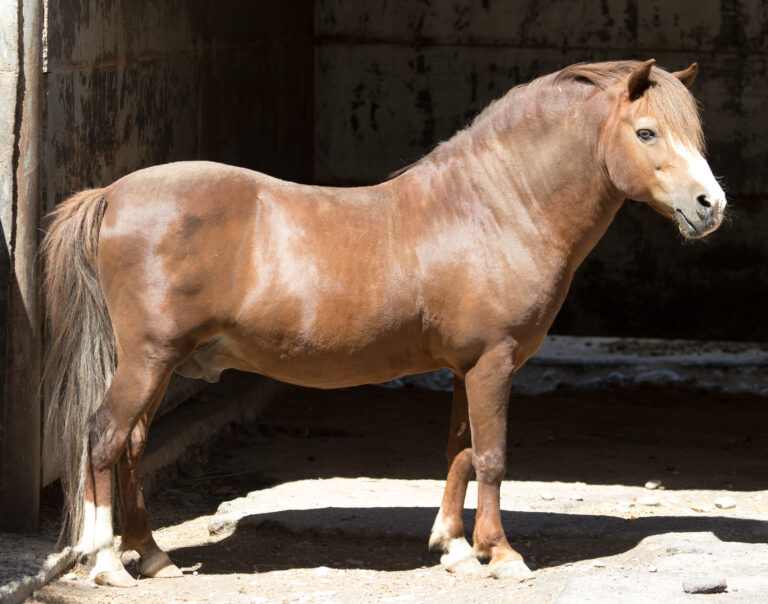
The University of Kentucky hosted the fourth and final session of its Equine Research Showcase on February 9, 2021. Presenting sponsors included BET, Kentucky Performance Products, McCauley’s, Merck, Rood & Riddle Equine Hospital and Tribute Equine Nutrition. The session included several 10-minute mini-presentations about hot topics in equine research.
Martin Nielsen, DVM, PhD, DEVPC, DACVM, Schlaikjer Professor of Equine infectious Diseases at the Gluck Equine Research Center, spoke about current data showing resistance among cyathostomins (small strongyles) to the three main groups of anthelmintic (anti-parasitic) drugs.
“The small strongyle parasite, which is the type of parasite that all horses get, is the primary parasite category, the one that we are always deworming for,” Nielsen said.
The first class of anthelmintic drugs introduced and administered to combat small strongyles was the benzimidazoles in the 1960s. Due to this class of drugs being used for the longest period of time, there is the highest level of wide-spread resistance in small strongyles today.
“It is very rare to find these products still working,” Nielsen said.
Pyrantel salts began experiencing resistance in 1996, and Nielsen said it is also likely to find small strongyles resistant to pyrantel dewormers today.
Macrocyclic lactones (ivermectin and moxidectin) are our “last resort,” with good efficacy, but there have been some questionable early signs of emerging resistance reported, according to Nielsen. In 2020, routine data collected from a farm in Central Kentucky confirmed resistance to macrocyclic lactones among small strongyles.
Nielsen shared data showing that macrocyclic lactones were 100% effective against small strongyles in a group of U.S.-bred yearlings, but the same dewormers administered to a group of imported Irish-bred yearlings failed to remove small strongyle parasites.
“There’s no doubt, looking across this data, that we have clear-cut, proven resistance to ivermectin in these imported parasites,” Nielsen said.
“The problem is, if we have resistance to everything, what can we deworm with?” he said.
He described that the efficacy of moxidectin was also evaluated against the resistant parasites. Despite this drug being potentially more potent than ivermectin, it did not overcome the resistance and did not provide better efficacy.
Nielsen closed with a final note that ivermectin and moxidectin resistance is occurring in small strongyles. This case was only discovered due to the meticulous testing procedures in place on this particular farm. Without regular testing of deworming efficacy, drug-resistant parasites will go undetected and farms will be left without opportunities to intervene before it is too late. Good parasite control starts and ends with testing the dewormers being used, and this has to be done every year.
This article was written by Sydney Carter, a junior majoring in equine science and management and minoring in journalism. She is a communications and student relations intern with UK Ag Equine Programs.
Equine Science Review is a monthly College of Agriculture, Food and Environment newsletter that highlights important equine work happening at the University of Kentucky.

![[Aggregator] Downloaded image for imported item #18711](https://s3.amazonaws.com/wp-s3-equimanagement.com/wp-content/uploads/2025/10/20105749/EDCC-Unbranded-14-scaled-1-768x512.jpeg)
![[Aggregator] Downloaded image for imported item #18782](https://s3.amazonaws.com/wp-s3-equimanagement.com/wp-content/uploads/2025/11/03125751/EDCC-Unbranded-13-scaled-1-768x512.jpeg)

